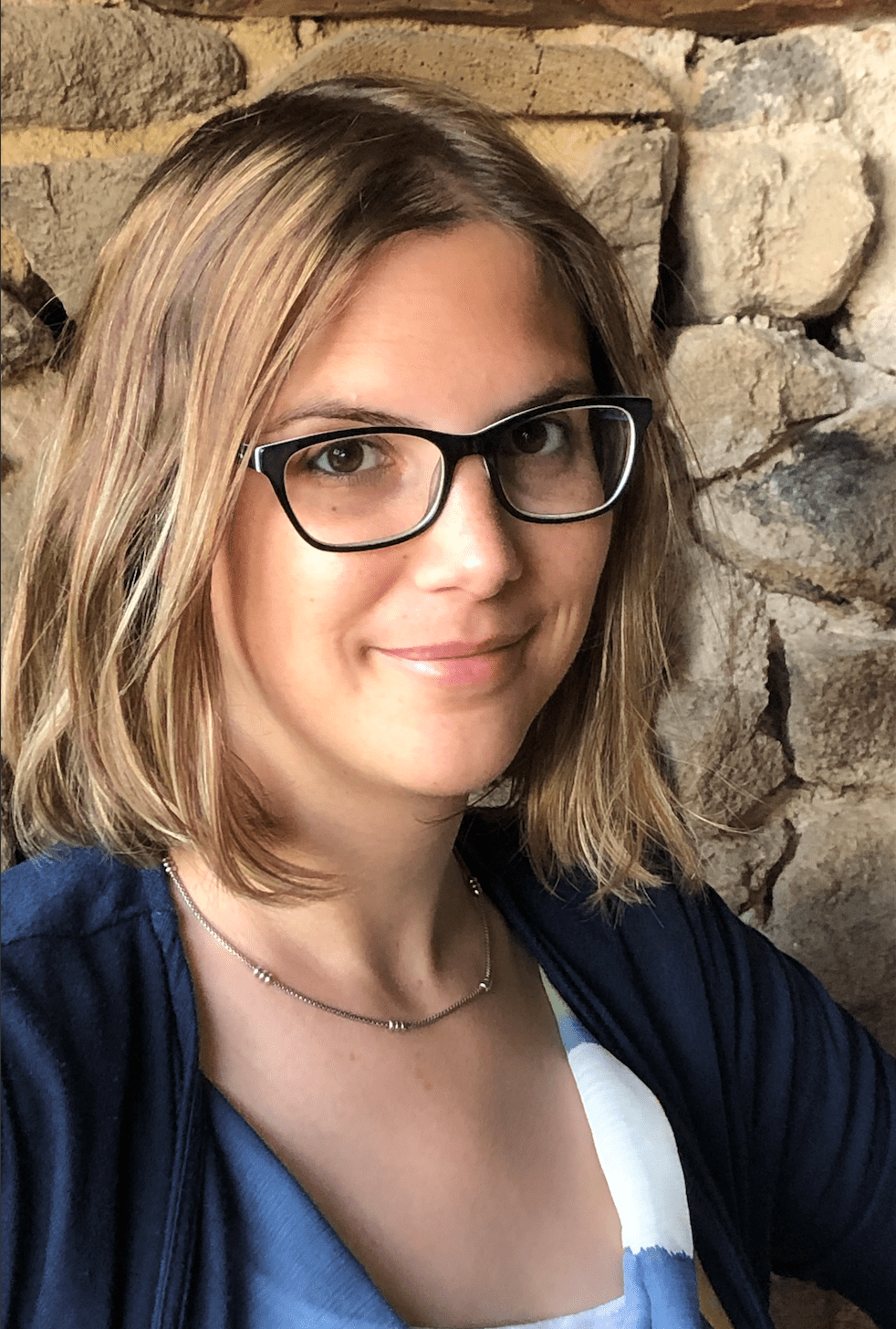
This article was adapted from a story originally published by UCLouvain.
IceCube collaborator Gwenhaël de Wasseige has been awarded a Francqui Start-Up Grant by the Francqui Foundation and her future institution, the Université catholique de Louvain (UCLouvain), where she will join the staff of the Research Institute in Mathematics and Physics (IRMP) in September 2021.
This prestigious grant is awarded every two years to young researchers under the age of 40 on track to become academic staff with a university. The recipient gets a substantial monetary award to help with the acquisition of laboratory equipment necessary for the research, recruiting a postdoc or doctoral student, a reduction in teaching assignments, and other expenses related to the research.
The Francqui Foundation was founded in 1932 by Émile Francqui, a Belgian statesman, and Herbert Hoover, the 31st president of the United States, with the goal “to further the development of higher education and scientific research in Belgium.” In addition to the start-up grant, the foundation gives out various awards, including the International Francqui Professorship for which IceCube’s principal investigator, Francis Halzen, was selected in 2013.
With de Wasseige’s arrival at UCLouvain, the IRMP will extend its research topics to experimental astroparticle physics, and in particular neutrino and multimessenger astronomy. This new line of research is complementary to and synergistic with several projects already carried out at the IRMP, such as particle physics, gravitational waves, and neutrino phenomenology.
After completing her PhD thesis between the Vrije Universiteit Brussel and the University of Wisconsin–Madison within IceCube, de Wasseige continued her research activities at the Astroparticules et Cosmologie (APC) laboratory of the Université de Paris and CNRS, first with a grant from the Ile-de-France region and then as an EU Marie Sklodowska Curie individual fellow. For the past three years, de Wasseige has left the ice of the South Pole in which IceCube is buried for the Mediterranean Sea and the KM3NeT telescope currently being deployed at two sites: off Toulon, France, and off Sicily, Italy.
At the IRMP, de Wasseige will focus on the search for neutrinos emitted during transient phenomena, such as gamma-ray bursts, binary compact mergers, and solar flares. To increase the chances of detecting neutrinos—some of the most elusive particles—she will develop multimessenger and multidetector approaches, combining information from several telescopes observing the same astrophysical phenomena. Starting this September, de Wasseige will teach classes as a member of the Faculty of Science of UCLouvain.
“I am truly honored to receive a Francqui Start-Up Grant,” said de Wasseige. “This is a wonderful opportunity for a young faculty member to start a group, and I will do my very best to make the most out of it. This grant allows me to hire a PhD student and a postdoc who will join the IceCube Collaboration to explore the universe with neutrinos.”